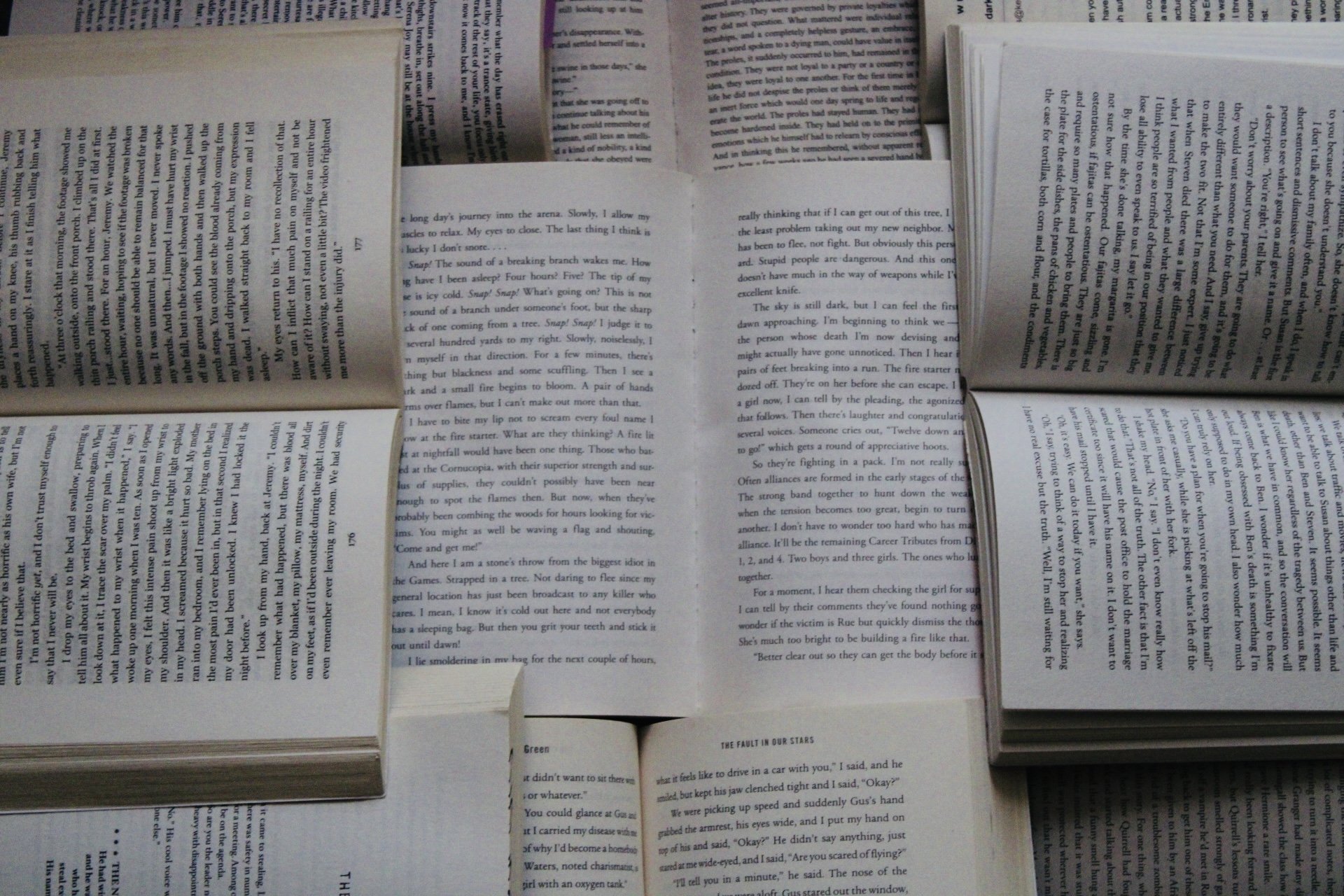A Turning Page: Views On Oklahoma’s Continuous Banned Books Debacle
By: Reese Watson
Books have always been an integral part of my life. My first memory with books comes from my Mom, who spent hundreds of nights reading me her favorites like Little House In The Big Woods, or The Kissing Hand. As I’ve gotten older books have still been there, connecting me with new people and new emotions--taking me on wild journeys across new lands, or comforting me with stories that feel like home.
With a new and ever changing world around us, as well as political tensions on the rise, power over anything is important. To current lawmakers in Oklahoma the next step for “control” is targeting our local libraries and classrooms.
By definition banned books--otherwise known as book censorship--is essentially an act of authority taking measures to suppress ideas and information within a book. The definition of censorship you may ask? The regulation of free speech and other forms of entrenched authority. And although challenging books have been around for generations, now more than ever has completely banning these books been on the rise.
Most recently, Oklahoma State Superintendent, Ryan Walters supposedly identified several different titles in school districts around Tulsa like Owasso, TPS, and Bixby as “pornographic” or “explicit” material that “do not belong in schools.” Most of these titles focused heavily on LGBTQ issues, or featured leading protagonists and authors of color.
According to the Tulsa World, in response these districts claimed that Walters was fighting with himself and struggled to even confidently identify where he found these books/ which libraries they were from.
Walters then went on to say, “Oklahoma will no longer be a breeding ground for liberal indoctrination. I am pleased to work with the House, Senate and Governor’s office to remove and prevent harmful ideologies from entering our classrooms.”
Some of these books included: The Hate U Give by Angie Thomas for profanity, violence, and an anti-police message. Out of Darkness by Ashley Hope Perez for depictions of abuse that were considered sexually explicit. As well as Me and Earl and the Dying Girl by Jesse Andrews for sexually explicit scenes.
Different Examples of Banned Books
Now, different schools--to meet state standards--are now working on creating a “healthy” system of regulating what books are available in a classroom setting. For example, having an age rating system like you would in a movie theater, or having books meet a certain criteria regarding its content.
But, you still can’t help but think of this system's biased, or unfair nature, especially when you look from a broader perspective at what kind of literature is being targeted.
To me, banning or limiting books discourages a person's freedom of speech and expression of thought, which is strange when you remember that one of the reasons why we educate is to help students learn to think for themselves and develop their own opinions.
Books are a gateway to other cultures, communities, and worlds. Before I began reading I was close minded and oblivious to what was really going on around me. During COVID I really began challenging myself with the topics I was reading. I started reading LGBTQ focused books which helped me further develop awareness, and in the long run better understand my friends in the community. I also began reading books centered around social commentary, as well as cultural diversity, and class, which helped me think outside of myself.
Books allowed me the opportunity to finally understand different personal struggles--it allowed me the chance to develop my own opinions on social and political conflicts. Everyone deserves a chance to understand something for themselves, not just swallow what you’re being told is “the best for you.” You are your own person, your own individual.
However, some may argue that parents should have the right to decide what their child reads, and yes that could be true for younger children, but self-discovery--which is an important part of development--can only be done through individual conquest. Even still, most parents who are given the option to opt their children out of access to certain choices of school library books choose not to.
An example of this would be in Florida, where less than 1% of parents actually used this option, with a good chunk of them saying that they wanted more diversity in the books their children read, because it represented the differences between families.
Open Pages of Banned Books
Banning books takes away free thought and speech from people who deserve a voice. It tapes the mouth of minorities and traps a certain area, region, or country in a set state of mind. Who are we if we can’t begin to understand the stories of those around us? Books are an incredible way to do that.
But hey, if you pick up that book, start to read and decide it's not what you agree with, good news! Because you can always stack it back on the shelf where it belongs, until the next person finds that book and makes the same decision for themselves.


